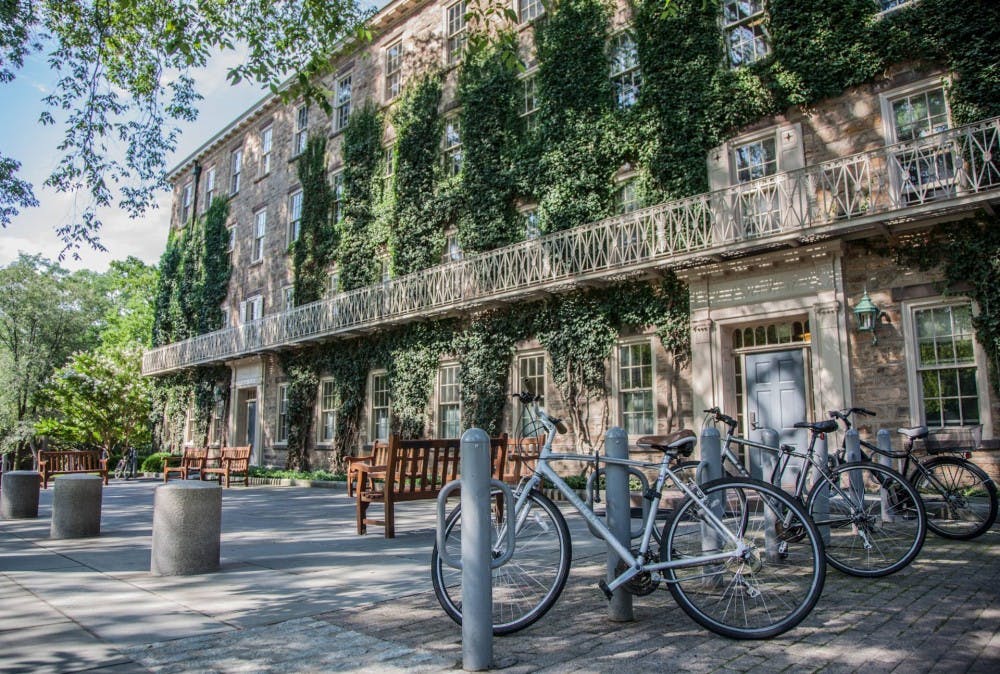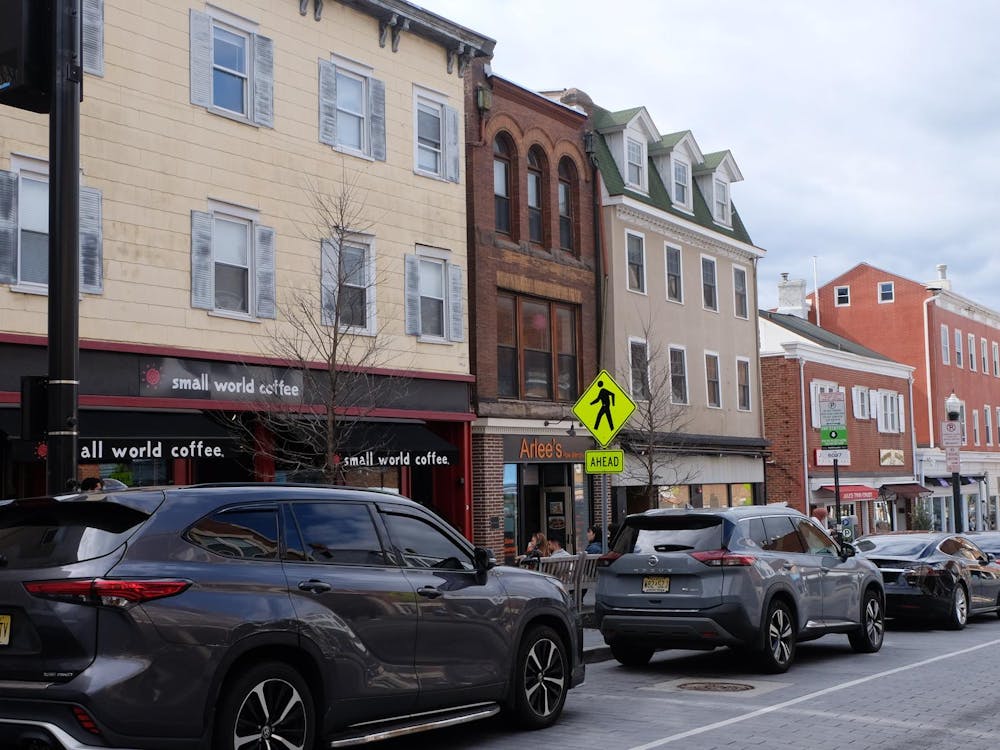When my parents came to visit me over spring break, my father told me just how lucky I am to be attending Princeton. Not only am I lucky to call myself a student at an Ivy League, he said, but I am lucky to be going here for a price more manageable than almost any other university would have offered me nationally.
There is an implicit sense of indebtedness that is associated with a generous financial aid package. Right before I saw my parents, I had a conversation with a friend who is also on financial aid, and who felt particularly beholden to the University for its generosity. However, the reality is that Princeton is not particularly generous for allowing its students to graduate without inevitable mounds of student loans; rather, our school has met the expectations naturally assigned to an institution of its financial power and capability.
When gearing up to receive decisions in the winter of my senior year, I was under the impression that I should be endlessly appreciative of an aid package that did not send my parents and me into colossal debt. The average student debt accumulated after college is over $28,000, which neglects to take into account the interest that will inevitably accrue. When a middle-class American student accepts admission to a private university, they are essentially bound to that institution not only for the four years they will attend but for the years — sometimes even decades — that it will take for them to pay off their debt.
There were few things that impressed me about Princeton as much as the fact that so much of the student body graduates debt-free — 83 percent, to be exact. As long as my financial aid remains consistent, I will graduate without leaving my parents or myself any debt at all. My family often uses the word “incredible” to describe the money I am receiving. At an institution with an endowment of over $26 billion, it should not be a surprising act of flattery to receive a sufficient financial aid package.
My father would identify this attitude as one of ingratitude. He juxtaposes my financial aid package at Princeton to what I would have received from Brown, which I spent significant time fawning over when initially solidifying my college list. To prove Princeton’s extraordinary charity, my father reminds me that Brown’s package would be at most half, if not less, than what I receive from Princeton. I argue that it is not benevolence that drives Princeton’s suitable aid, but rather a recognition of the obvious. In a world where most universities choose to look away from the clear financial need of their applicants, Princeton chooses to keep its eyes open.
Financial aid is not about luck, as both my friend and my father claim — it is about necessity. Princeton has deemed my family, as well as many others (61 percent), in need of the aid it granted us. I am grateful that I have received the aid I have, but I refuse to remain as shocked by it as I was when I opened my acceptance letter. We operate within standards that have been exponentially lowered to meet the penny-pinching of most American colleges, but when one has chosen to attend a university with an endowment larger than the GDP of 48 percent of countries in the world, it is essential that we hold our school accountable to its resources and recognize that they have met, rather than surpassed, our standard for generosity.
I am incredibly thankful for the opportunities that Princeton offers its student body. Princeton opens doors for students that are constantly surprising and amazing. As I enter my third month on campus, these doors seem to grow wider and more numerous, complete with summer stipends worth thousands of dollars and countless compensated employment opportunities. The indefinite capabilities of Princeton to serve its student body only reaffirm that while we should be celebrating its commitments to making a superb higher education possible for so many, we must recognize that this is a commitment that Princeton is obligated to fulfill.
I can say without a doubt that luck played a tremendous role in my admission to Princeton — there are thousands of qualified candidates who did not receive a spot at our University, but for some serendipitous reason, I was awarded a seat. I am, and will always be, hugely grateful to Princeton for letting me attend, and I believe that every Princetonian should feel equally so for the curious alignment of stars that landed us a spot at the nation’s top institution.

Our admission to Princeton and our financial aid packages are two completely separate entities. Although we can, and should, feel honored to have been deemed deserving of a Princeton acceptance, only a gentle satisfaction is warranted in regards to aid. Princeton has the power to pave the path for a new metric of financial aid; we must normalize the notion that it is possible to end one’s obligation to higher education after the four years one has formally agreed upon. No one should be bound to mounds of debt for decades. Princeton’s recognition of that fact is not exceptional; it is expected.
Andi Grene is a first-year from Manhattan. She can be reached at agrene@princeton.edu.









